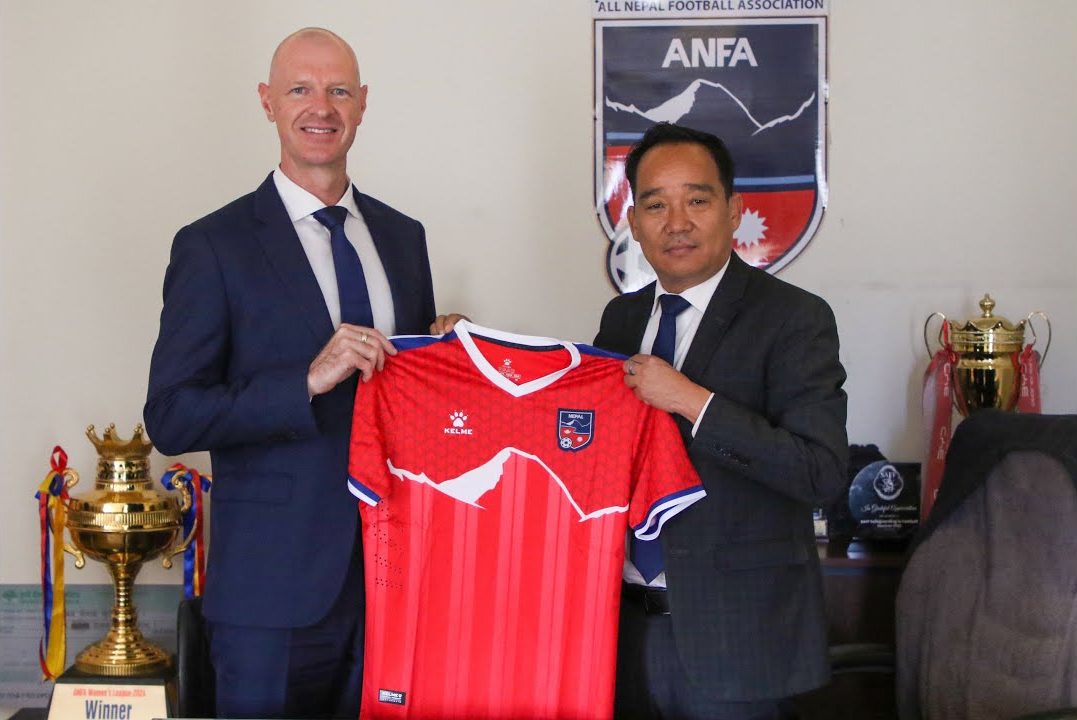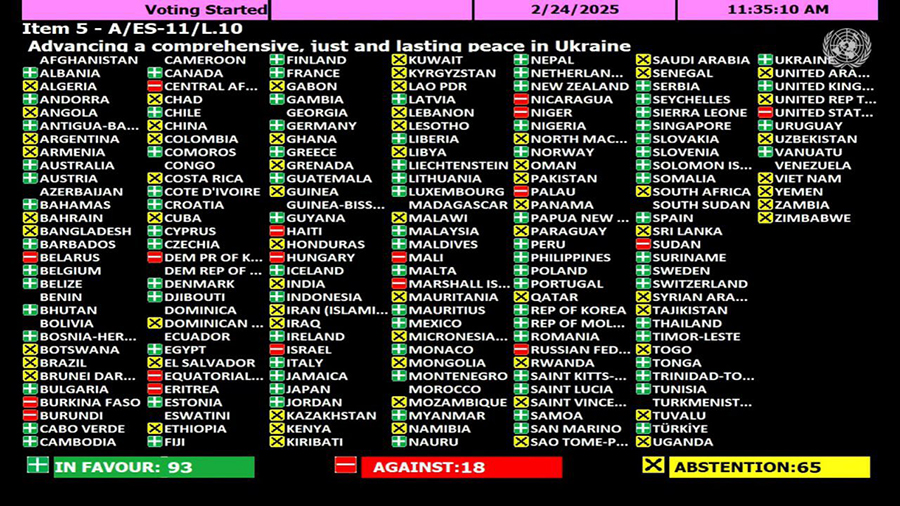
When friends and families come to her home, Shashi Tulachan of Pokhara gets compliments for the delicious food she serves. While urban crowds throng fancy restaurants to taste the famous Thakali khana set, her friends and relatives have the luxury to visit her. They say Tulachan’s dishes are more flavourful than those of the restaurants.
In the last decade, restaurants dedicated to the Thakali khana set mushroomed in Kathmandu and other major cities like Pokhara. They soon became popular thanks to the unique taste they promised and the traditional serving styles. But, for people like Tulachan, the way the Thakali khana set has been commercialised does not carry the essence of Thakali food culture. “Mustang, the original home of the Thakali ethnic group, is a desert-like area where rice is not cultivated significantly. But, all Thakali khana sets in the cities have rice as the main dish.”
A lot has changed in the way the Thakali khana set is being consumed today. As the competition increased, apparently, the restaurants have begun to sell the name of the Thakali khana set more than its essence and uniqueness. Hence, stakeholders stress the need for standardisation, and even licensing, to restore its value.
Authenticity in question
Food traveller Kedar Sharma has travelled 45 districts of Nepal with his wife, in what he calls Bhojan Bhraman and observed various local food dishes across Nepal. Based on his observation and experience, he says. “The Thakali khana set today is very different [from what was in the past]. It closely resembles the original set in look, but as the taste is questionable, it might soon be outdated or abandoned altogether.”
He adds, “True authenticity and true taste are yet to be identified [in the commercial world]. It should be distinct; but if not, they are not worth the experience, the money and time.”
There are comments that people who have not tasted true Thakali khana sets are opening restaurants. But, Vivek Man Sherchan, the chairman/owner of Vedika Inc Pvt Ltd, the parent company of Jimbu Thakali restaurants, says, “It is okay that even those outside the community are opening up the restaurants. There are no restrictions.”
He defends, “The change in the taste is also natural as the food has travelled through time and location. The Mustang Thakali khana set is different from the set from Pokhara and Kathmandu. We are constantly experimenting with the side dishes.
“Having said that, one should not mix two cuisines and spoil the taste.”

Homemaker Shashi Tulachan also agrees, “With the new generation, new spices are used. In the past, the set did not use garam masala or momo masala but only cumin and pepper powders. Now, the change should be welcomed and we should understand that the times have changed.”
Yet, when it comes to taste, Sharma is of a different opinion, “If the Thakali khana is a brand, its authenticity has to be questioned. But, if it is only the way of the presentation or the plating, we do not really need it or create the hype around it.”
Cost of commercialisation
If the authenticity is maintained, Sharma says, he is also ready to welcome the commercialisation of the Thakali khana set.
“It bridged the gap between different socioeconomic classes in Nepal who after all want to eat their full stomach for a mid-price range.”
Sherchan says, “The trend also shows that Thakali khana set has become comfort food. The dhindo set has now become the food of the rich thanks to the same.”
But, all stakeholders agree that the unprecedented rise in the number of Thakali khana sellers has not created good impressions all the time. Tulachan says there are many Thakali restaurants in Pokhara, but only a few are genuine and hence popular.
Sharada Jnawali, who identifies herself as a healthy food promoter, says, “The Thakali restaurants in the past would make locally grown food even from their own backyards. But, these days, we see the production had become commercial and the herbs such as timmur and crops used before were no longer in use.”
“The ingredients differ while the green vegetables are just not in ample amount and the black beans are just soggy.”
But, Tulachan says, “Many complain that the taste has got lost, but it’s not true every time.” The status is different from dish to dish and restaurant to restaurant, according to her.
Reviving the taste

But, there are valid reasons why the tastes of Thakali khana are changing. “The taste differs because of many reasons, including what we eat, where we eat, what we cook with and the type of the ingredients as well as their quality and grade,” says Sharma. Jnawali adds that the taste also differs depending on the soil, water and the environment they grow in.
“Apart from that, the Thakali women just have that skill that naturally does not come to others.”
Now, Sharma stresses the original taste of the Thakali khana needs a revival. But, he realises there are many gaps in achieving that. For example, those who prepared the food are not there in their original locality.
“It is unfortunate that the original Thakali khana set is not available in Mustang itself as the population there has migrated either to Kathmandu or abroad, creating a huge gap and a loss of the food heritage,” shares Jnawali.
Jnawali says reviving the taste could be instrumental in developing Nepal’s tourism industry. “A foreign friend of mine often says that they remember eating the Thakali khana set in the Mustang area and want to go back to eat the same. However, today, the place does not have the same taste. The restaurant is there, but the cook is not.”
If Nepal can promote the Thakali khana set or any local food for that matter, many local herbs and crops can be promoted too. Consequently, it will generate more jobs and even revive the cultivation of the lost crops now, views Sharma.
Healthy food promoter Jnawali adds that Nepal can even market Thakali food as healthy food. Yet that is not realised, she says. “When I interact with the cooks, they always say the food as to appeal to the eyes, the nose and mouth. But, no one talks about the nutritional value. We are missing a huge appeal there.”
The Thakali khana set is very nutritional because it contains the ingredients that boost metabolism, resulting in a healthy lifestyle. “People who eat the whole combination of food do not have diabetes, sugar or obesity problems.”
License it
To bring the standardisation in the Thakali khana set, Jnawali suggests, “We have to set a standard in spices used, that way we may be able to make the taste uniform 90 per cent of the time. Other than that, we need to give the people training so that they can develop the skill to make authentic Thakali food. Last but not least, we have to motivation to eat and promote the food.”
Sharma suggests, “We can bring the chefs and food makers who originate from Thak Khola [in Mustang] under one roof. They can be united and they can be trained, after which, we can come up with a recipe or a manual that will regulate the food. We can license the cooks or the restaurants and ensure there is a standard. Ensuring authenticity in Thakali food is not too late.”
And, if restaurants are truly interested in promoting the food, they will invest their time and money in getting the licence, he believes.
If the quality is ensured, the restaurants will only benefit from them as they can up the standards and quality of the food they serve. If the quality and taste are guaranteed, people will also happily pay the food, he believes. “People want it easy and do not want to invest time or money. But, we have to encourage people to take the risk and make the effort.”


























